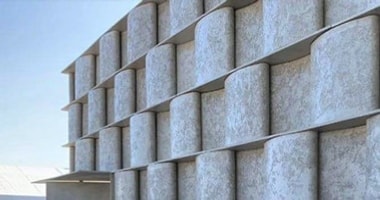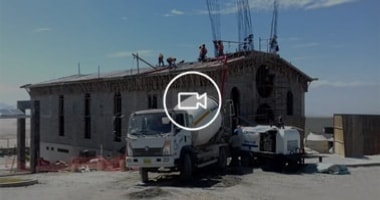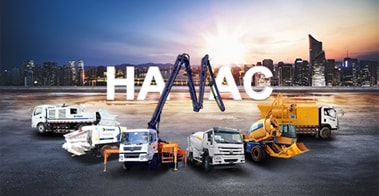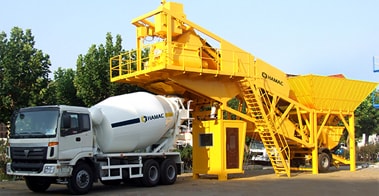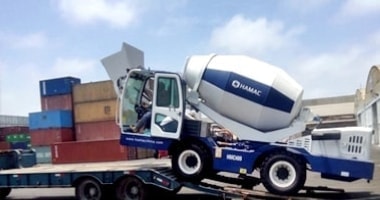 Jingle Bells Are Ringing at HAMAC
HAMAC at PHILCONSTRUCT Manila 2025 – Exhibition in Progress
Jingle Bells Are Ringing at HAMAC
HAMAC at PHILCONSTRUCT Manila 2025 – Exhibition in Progress
What is the best type of mixer for my application?
Source: Hamac Machinery
Regardless of what people have told you, or what you have read, there is a best mixer for each application. Each excels in a different type of concrete: Twin Shaft – Lots of concrete at high speed, low wear, low maintenance. Designed for rough, tough jobs like dam building and ready-mix. Handles aggregate sizes to several inches. Does not discharge completely, so not good for mixes of different type or color. End of shift cleanout is slow and difficult (unless our high pressure washout system is used). Performance on dry cast mixes is not as good as the best planetary mixers. Gives the highest throughput of concrete in a given floor space, can double plant output without modification to hoppers, scales, belts etc. Most models have single discharge door; exception is Sicoma MAO which has a double door option. “Compulsory mixing” action gives high quality concrete with maximum strength. Turbine – High quality precast, especially wet cast mixes. Medium speed, medium wear, medium maintenance. Designed for precast. Good cleanout but sensitive to blade adjustment and wear. Good for colored mixes. Simple mechanical system. Easy to install moisture sensors in floor. Up to 4 discharge doors. Most models not fast enough to create “Compulsory mixing”, so concrete not as high in quality or strength. Planetary / countercurrent – Highest quality precast, especially dry cast, block, pavers, architectural. Medium to high speed, medium wear, medium maintenance. Designed for precast, block, pavers. Good cleanout, good for colored mixes. More complex mechanically but best models very reliable. Easy to install moisture sensors in floor. Up to 4 discharge doors. “Compulsory mixing” action gives high quality concrete with maximum strength. Rotating pan – most of these type mixers are obsolete. Good for precast, both wet and dry cast. Mixing action similar to planetary but mechanically complex, high maintenance. Difficult to install moisture sensors. Single discharge door. Most models not fast enough to create “Compulsory mixing”, so concrete not as high in quality or strength. Drum / tilt up and transit mixing trucks – Slow, poor mixing action takes many revolutions to attain good homogeneity. Critical on charging sequence, requiring initial addition of water to wet blades and help remove deposit from previous batch. Cannot be completely discharged, difficult to clean out and maintain. Ribbon/Spiral blade – The ‘old standard’ for precast and block plants. Slow, poor mixing action takes many minutes for good mix. Very little end to end action, so charging method and water entry is critical to avoid variation within discharged batch. Non-compulsory action. Reliable with low maintenance cost.
Everything is subject to modification without prior notice. For specific requests, we will refer to our technical department. Values indicated are not applicable in all applications and conditions and are subject to variations depending on the use and quantity of the product.
Everything is subject to modification without prior notice. For specific requests, we will refer to our technical department. Values indicated are not applicable in all applications and conditions and are subject to variations depending on the use and quantity of the product.
There is no lowest price, only lower price. You get what you pay for. We hope you are looking for the perfect working performance of the equipment, not the low-priced inferior goods. HAMAC only provide our clients with high quality machines. Wish a cooperation with you in the future.





